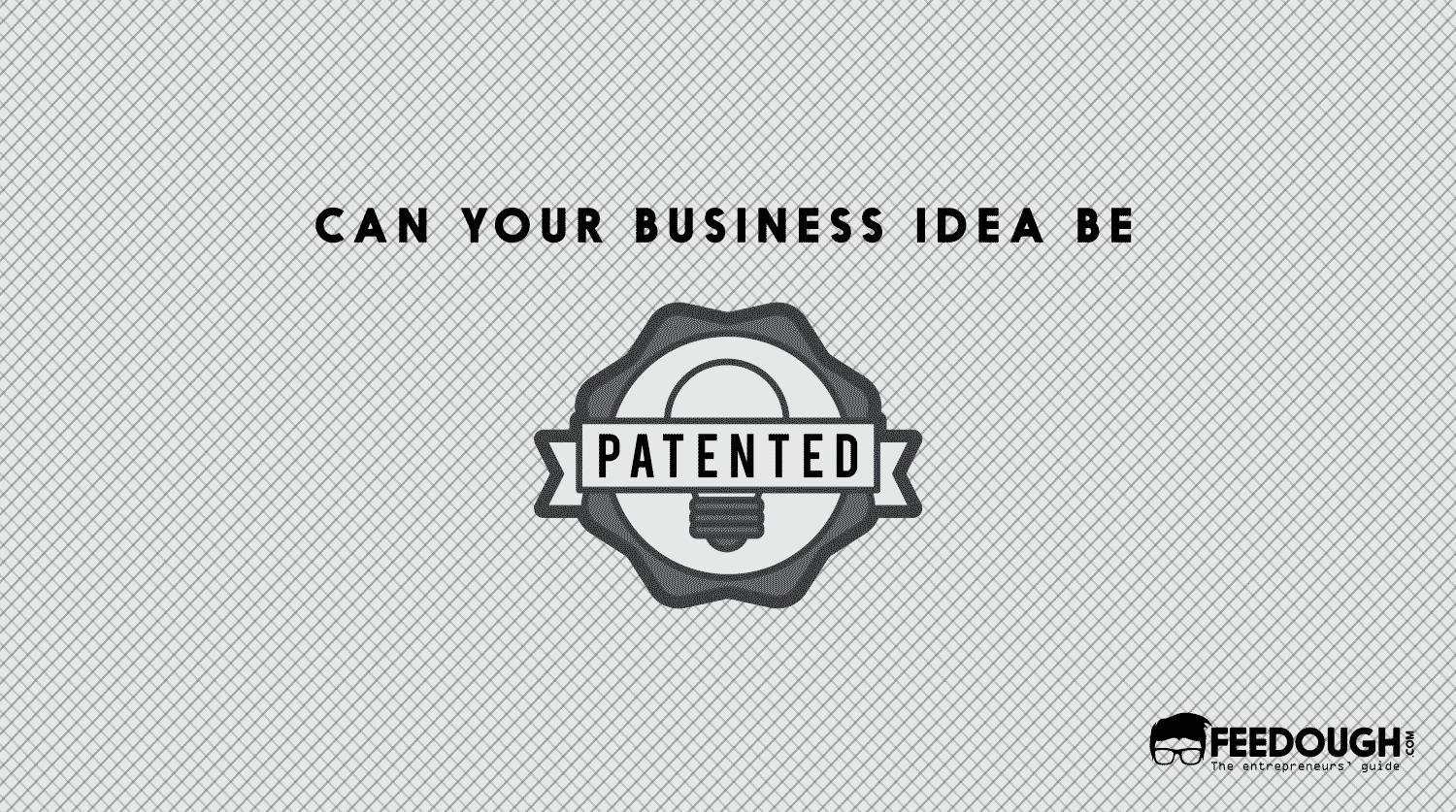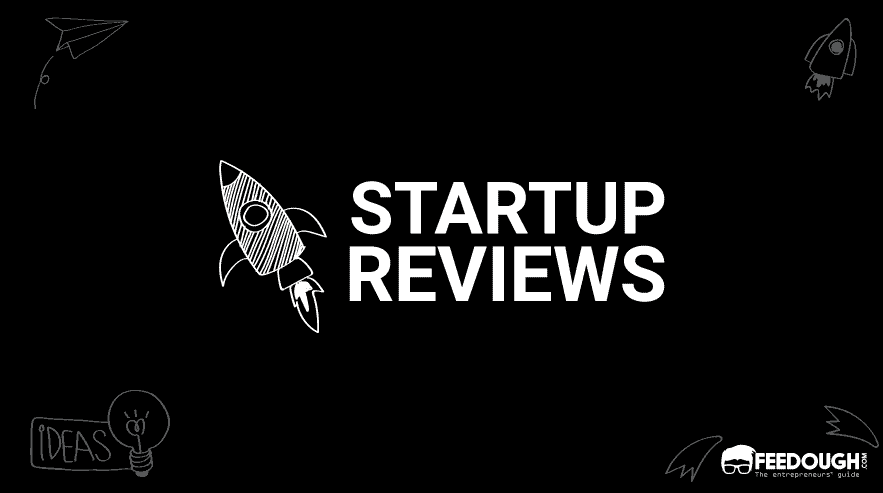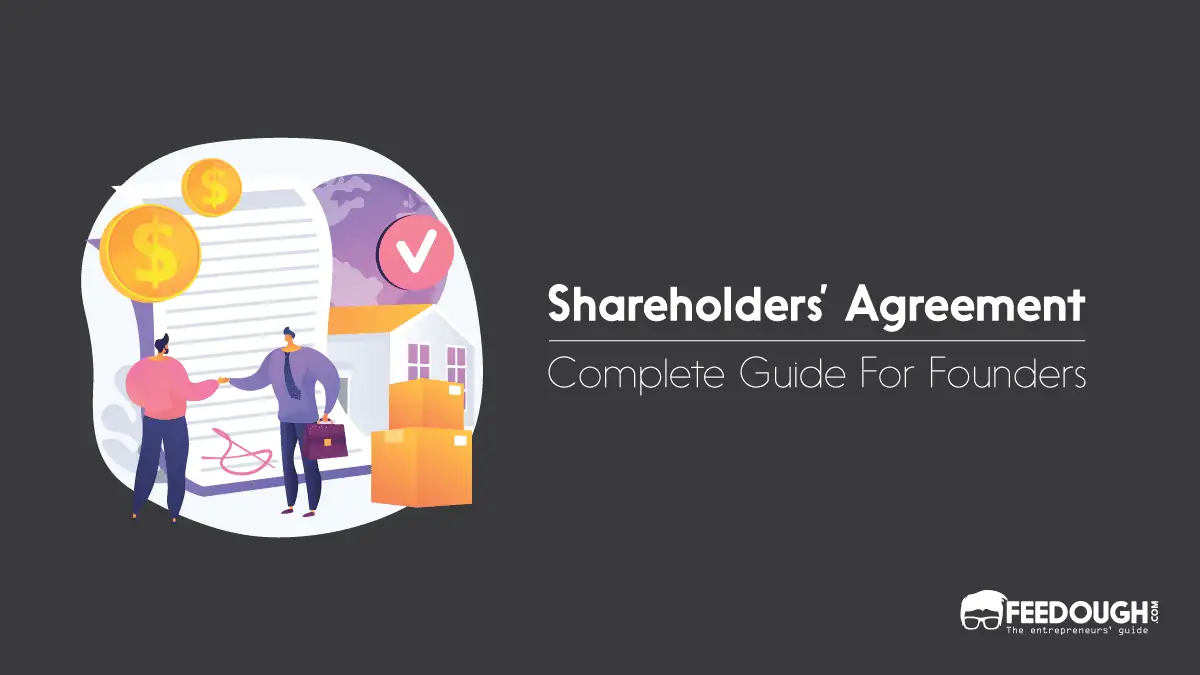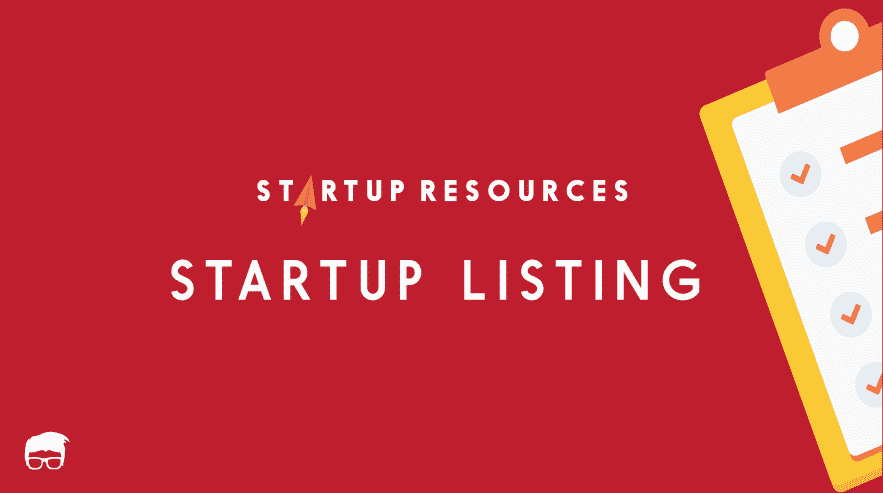Getting a great business idea is difficult, but protecting it from being copied is a bigger challenge. But can you patent your business idea to protect it?
A patent is a right granted to an inventor by the federal government to have exclusive rights to use or license his invention for a limited time.
Being an exclusive right to use or own the product, service etc, patents prove to be very useful when it comes to protecting your business. But can you patent your startup idea before making it public or before mentioning it to the investors or other prospective partners?
Only Inventions Can Be Patented
There is a difference between an idea and an invention.
An idea is an unproven concept, thought, or opinion which is a result of your imagination. It is usually theoretical in nature and doesn’t have a definition, substance, attributes, functionality, characteristics etc.
An invention is the result of an idea which is practical in nature (at least on papers), is in the form of a device, a process, or a composition, and has a definition, functionality, attributes, etc.
Can you patent an idea? No.
Can you patent an invention? Yes.
Here’s an example to further explain the difference. Suppose you have an idea of a machine that can teleport people from one place to another. You can’t patent this idea of such a machine until you have built such a machine or have proof that such a machine can be built.
What All Can Be Patented?
So you want to patent your startup idea and you’re still wondering what all can you patent. Let’s dive into the types of patents to find the answer.
- Utility Patents: These patents protect the utility or functional aspects of an invention which includes cover machines, processes, methods, compositions and anything manufactured that has a useful and specific function. These patents last for 20 years.
- Design Patents: The design patents protect the appearance, design, shape or general ornamentation of an invention. These last for 14 years.
- Plant Patents: Plant patents are granted to the discovery or invention of plants that are asexually reproduced
This means you can patent your product, business model, production process, business method, product composition, design, appearance, shape, ornamentation or any other utility of functional aspect of your business if it clears the patentability test.
What Is The Patentability Test?
Filing a patent is not an easy job and not every application is accepted by the patent governing body of your country (like the USPTO in the USA). U.S. law requires the invention to pass a three-tiered test in order to receive a patent. The test examines the utility, novelty, and non-obviousness of the invention.
- Utility Test: This test decides whether the invention is or will prove to be useful in the real world. An invention which isn’t useful doesn’t receive a patent.
- Novelty Test: This tests the innovation and newness of the invention and compares it with every similar invention created in the past.
- Non-Obviousness Test: This is the most difficult test among the three patentability tests. The invention is compared with the previous similar inventions and the patent is granted only if the differences found are not obvious to a person with skill in the relevant field.
Do You Need A Prototype To File A patent?
The patent laws vary for different countries but most countries do not require you to have a prototype in order to apply for a patent. All that is required is that you be able to describe the invention in a way that others can understand, make, and use it. A patent can be filed with just the description, explanation, specifications and drawings of the invention.
Do You Really Need To Patent Your Business Idea?
There’s no doubt that protecting your business idea from being copied should be one of your top priorities. Nevertheless, there are many other ways to protect your idea than filing a patent. Besides being a very long process, a patent also costs you a lot of money which you may not afford to spend.
Furthermore, you can always make use of other legal and protection strategies to protect your business idea like:
- Copyright: You can always copyright your software, book, guide or other literary, dramatic, musical, and artistic works.
- Trade Secret: Coca-Cola hasn’t patented its taste formula, still no one actually knows the exact formula. This strategy is called a trade secret where you don’t disclose everything about your business to anyone.
- Non-Disclosure & Non-Compete Agreements: These agreements stop the other party from disclosing your secret or using your secret for their own profit within the specified radius.
Go On, Tell Us What You Think!
Did we miss something? Come on! Tell us what you think of this article on Can You Patent Your Business Idea? in the comment section.
A startup consultant, digital marketer, traveller, and philomath. Aashish has worked with over 20 startups and successfully helped them ideate, raise money, and succeed. When not working, he can be found hiking, camping, and stargazing.









